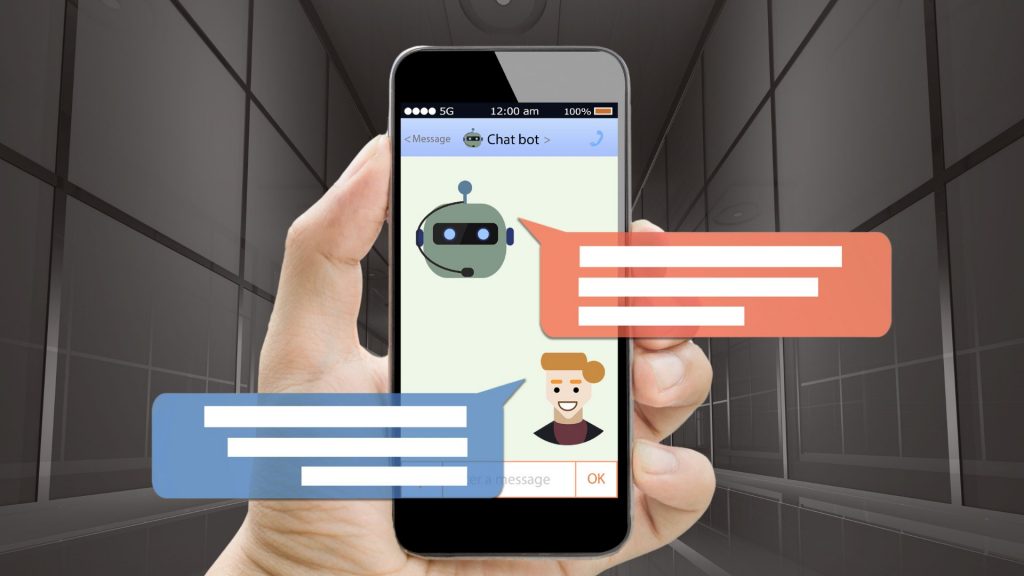As the business world evolves, certain technologies grow from being a futuristic concept, to a trend, to commonplace language. A common example of this can be seen with smartphones, in which less than 20 years ago the idea of a computer in the palm of your hand seemed like an impossible concept. In terms of business process technology, this can especially apply to Robotic Process Automation and Artificial Intelligence, two terms that have quickly become synonymous with “the future of work.” Specifically, since 2020, organizations have actively worked to create a streamlined and autonomous office to offset the lack of workers in their physical offices. Even as employees have returned to the office and have adapted to a hybrid work environment, there are still opportunities to simplify their day-to-day tasks and help create a more productive environment.
That’s where Robotic Process Automation and Artificial Intelligence come in.
Organizations often utilize these two in tandem, which can lead to confusion about what exactly these systems do. Some use the terms interchangeably, without fully understanding the nuances and differences between the two. We’ll define both technologies and share common use cases where they’re utilized to help better differentiate the two and assist organizations in making informed decisions about where they make their technology investments.
What is Artificial Intelligence?
Artificial Intelligence (or AI) is a broad all-encompassing term that’s applicable in a wide variety of use cases beyond simply within office technology. Whether or not you’re fully aware of it, AI is just about everywhere. It’s built into smartphones and cars, it’s assisting in space travel and surgery, and it’s helping organizations make informed predictions about the future of their business. Artificial Intelligence isn’t just a stand-alone software you can buy and install, it’s something that’s built into other systems, often without you even knowing it. As readily available as AI-ingrained solutions are, there’s still a wide gap between organizations that are utilizing it as part of their business process and those who are not.
Artificial Intelligence
noun
1 : a branch of computer science dealing with the simulation of intelligent behavior in computers
2 : the capability of a machine to imitate intelligent human behavior
Often there is “doom and gloom” messaging when discussing Artificial Intelligence. There’s typically apprehension about utilizing it based on inaccurate portrayals in science fiction or the idea that they’ll “take over the world.” While AI seems like it can be a frightening sci-fi concept, in practical applications the best kind of AI utilizes machine learning and further enhances the work done by your employees, it allows them to be at their most efficient and helps them make informed decisions about where to spend their time.
What are common Artificial Intelligence use cases?
The way we utilize Artificial Intelligence with our customers is through Intelligent Data Capture. This solution is paired alongside our smart Document Management system and takes your content management strategy beyond simply a digital filing cabinet.
Intelligent Data Capture allows you to classify documents and create “rules” for the AI to extract the necessary data that drives critical business applications. By adding Intelligent Data Capture Artificial Intelligence you can move beyond basic document imaging and content management to more robust business process automation to increase productivity and reduce costs.
What is Robotic Process Automation?
Robotic Process Automation (RPA) is the technology that allows anyone in an organization to utilize software to replicate the actions of a person using digital business process software. RPA utilizes the user interface to capture data and manipulate applications just like humans do. They interpret information, trigger responses, and communicate with other systems in order to perform a vast variety of repetitive, sometimes mundane tasks.
Most digital, highly repetitive tasks that are completed by employees can be completed by Robotic Process Automation. When evaluating tasks for RPA to complete, organizations focus on the most time-consuming “human completed” digital processes in their workflow or business process. For example, within an accounting workflow, you can identify specific parts within the process that can be automated. These include opening emails, downloading invoices, extracting data from those invoices, and then inputting the data into your ERP or Financial software.
The benefit of RPA is that it can complete these tasks without ever making a mistake or taking a sick day. And because these repetitive tasks are completed by a bot instead of an employee, your team can focus on activities that are more fulfilling and better suited to their skill sets and the needs of your organization.
What are common Robotic Process Automation use cases?
Robotic Process Automation can be used across all functions of your organization, though some of the highest returns on investment is within accounting and finance. Regardless of which business function RPA is utilized in, there are three key ways that the solution works. The first is specifically through completing routine keystroke operations such as opening emails and attachments, copying and pasting data, moving files and folders, and filling in forms. The second is through running an application interface allowing it to report statistics and log into enterprise applications. And lastly, RPA can collect and manipulate data, allowing them to perform actions such as extracting structured data from documents, connecting to systems APIs, reading and writing databases, merging data from multiple places, data calculations, and scraping data from the web. Any process that employees previously completed manually can instead be completed by the robot!
How do Robotic Process Automation and Artificial Intelligence work together?
Artificial Intelligence is a complementary partner to Robotic Process Automation. Whereas Robotic Process Automation can complete repeatable routine tasks, Artificial Intelligence can make informed decisions based on patterns within sets of data. For your organization, RPA and AI work in tandem to automate every part of your organization, allowing you to eliminate routine work for employees and allow them to invest in higher-value tasks.
Though both solutions are different, it’s clear that they offer similar benefits and many automated organizations utilize both seamlessly. Taking the first step towards complete automation can seem daunting, after all, how can you evolve from manual, routine, and even paper-based processes? PiF Technologies has extensive experience automating even the most outdated processes, for every industry. We’ll walk you through the process of investing in, implementing, and utilizing your solution, and provide you with support every step of the way.







